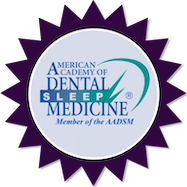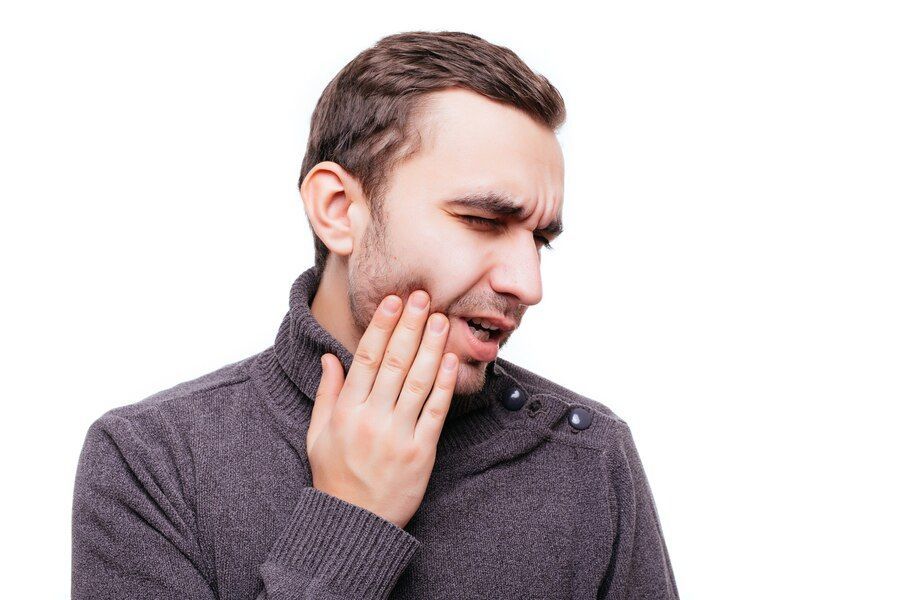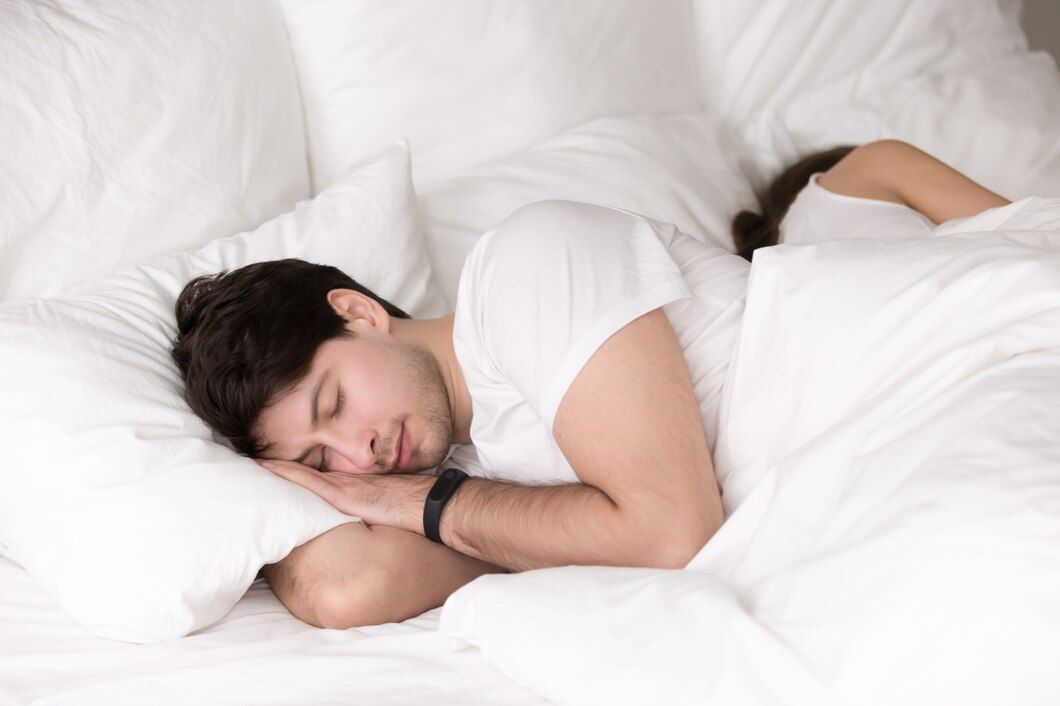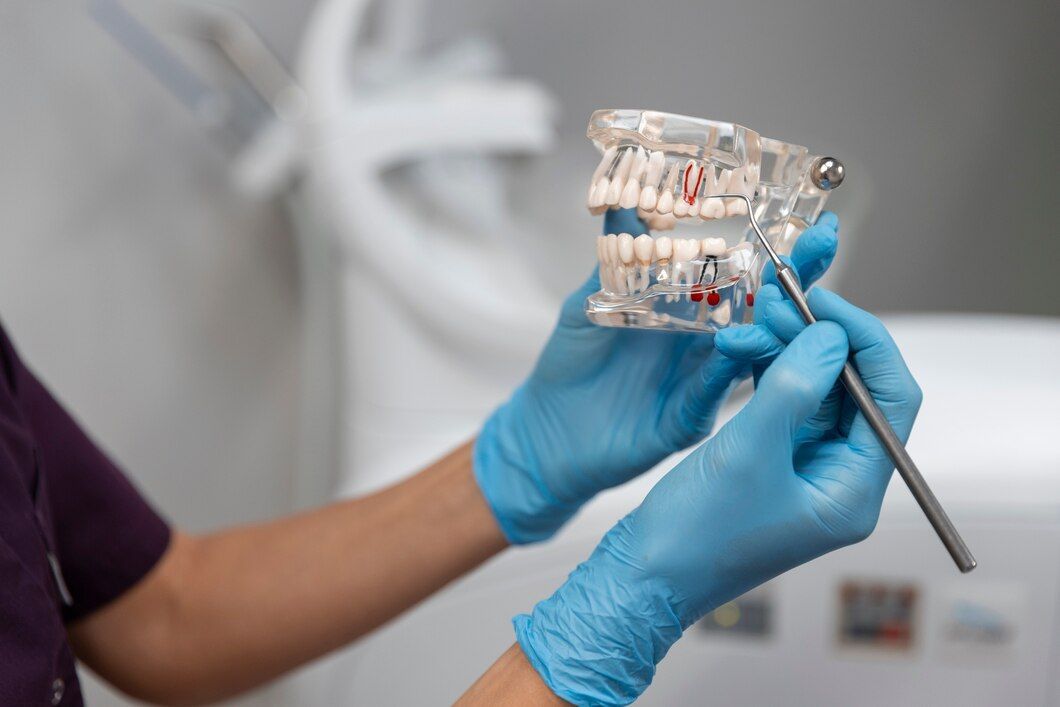Welcome to Fuller Sleep & TMJ Solutions | Greensboro, NC | frontdesk@fullersleep.com
How TMJ Can Lead to Headaches: Insights by Dr. Fuller

Many people suffer from headaches without realizing that the source of their discomfort might be their jaw. TMJ, which stands for temporomandibular joint disorder, can cause significant pain in your jaw and head. This joint connects your jawbone to your skull and acts like a sliding hinge. When it doesn’t function correctly, it can lead to headaches and other painful symptoms.
Dr. Fuller at Fuller Sleep & TMJ Solutions explains that headaches caused by TMJ disorders are quite common. This pain happens because the temporomandibular joint is close to the muscles controlling your jaw’s movement. When there’s a problem with the joint, it can affect these muscles and the nerves around them, leading to headaches. Sometimes, the pain can even radiate to your neck and shoulders, making it hard to identify the true source.
Understanding how TMJ can lead to headaches is essential. By knowing the connection between your jaw and head pain, you can find effective treatments and get relief. In this article, we will explore the symptoms of TMJ-related headaches, easy at-home methods to alleviate this pain, and the professional treatments offered by Dr. Fuller. Learning more about this condition can help you take the first steps toward a pain-free life.
Understanding TMJ and Its Connection to Headaches
TMJ, or temporomandibular joint disorder, affects the hinge connecting your jaw to your skull. This joint allows you to move your jaw up and down and side to side, so you can talk, chew, and yawn. When something goes wrong with the TMJ, it can lead to headaches.
Dr. Fuller explains that the connection between TMJ and headaches lies in the muscles and nerves around the joint. When the TMJ is irritated or misaligned, it can trigger pain in the surrounding muscles. These muscles are interconnected with those in your head and neck, so the pain can spread.
Another way TMJ causes headaches is through nerve pain. The trigeminal nerve, which is responsible for sensation in your face, teeth, and jaw, can get affected by TMJ disorder. When this nerve is irritated, it can result in severe headaches. Understanding this connection helps you see why it's important to address TMJ issues early on.
Common Symptoms of TMJ-Related Headaches
TMJ-related headaches have specific symptoms that set them apart from regular headaches. One key symptom is jaw pain. If you experience headaches along with jaw discomfort, it's likely due to TMJ. Other symptoms might include popping or clicking sounds when you move your jaw and difficulty opening or closing your mouth.
Face and neck pain are also common with TMJ-related headaches. These headaches often come with tension in the face and neck muscles, making it hard to find relief. The pain can radiate from the jaw up to the temples, causing tension-type headaches or even migraines.
Additionally, ear pain or a feeling of fullness in the ears can be linked to TMJ. This happens because the jaw joint is located near the ear canal. If you experience these symptoms along with headaches, TMJ might be the culprit. Recognizing these signs can help you seek the right treatment and find relief.
At-Home Methods to Alleviate TMJ-Related Headaches
If you suffer from TMJ-related headaches, there are some simple things you can try at home to ease the pain. Dr. Fuller suggests starting with gentle jaw exercises to relax the muscles around your jaw. These exercises can help improve the joint’s range of motion and reduce tension.
Another helpful at-home method is the use of heat and cold packs. Applying a warm compress to the side of your face can relax tight muscles. After about 15 minutes, switch to a cold pack to reduce any swelling and numb the pain. Alternate between the warm and cold packs a few times a day for the best results.
Over-the-counter pain relievers, like ibuprofen or acetaminophen, can also help manage the pain. These medications reduce inflammation and can give you temporary relief. However, it’s a good idea to consult with Dr. Fuller before starting any new medication.
Professional Treatments for TMJ at Fuller Sleep & TMJ Solutions
When at-home methods aren’t enough to ease your TMJ-related headaches, it might be time to seek professional treatment. At Fuller Sleep & TMJ Solutions, Dr. Fuller offers a variety of treatments designed to address the underlying causes of TMJ disorder and relieve pain.
A common treatment method is oral appliance therapy. Dr. Fuller custom fits a mouthguard or splint for you to wear, typically at night. This appliance helps position your jaw correctly, reducing tension on the joint and muscles, and alleviating headaches.
Dr. Fuller may also recommend physical therapy to strengthen the muscles around the jaw and improve joint function. In some cases, medications like muscle relaxants or anti-inflammatory drugs can be prescribed to provide relief.
Final Thoughts
Living with TMJ-related headaches can be tough, but understanding the connection between your jaw and head pain is a great first step. By recognizing the symptoms and trying at-home methods, you can start to manage your pain more effectively. However, if these methods don’t bring enough relief; seeking professional treatment from someone like Dr. Fuller is key to getting the right help.
Remember, at Fuller Sleep & TMJ Solutions, we offer treatments that target the root causes of TMJ disorders to provide lasting relief. Whether it’s through oral appliance therapy, physical therapy, or other professional treatments, we’re here to help you feel better.
If you’re struggling with TMJ-related headaches and need expert advice, don’t wait any longer. Contact Fuller Sleep & TMJ Solutions today to schedule an appointment with Dr. Fuller, our
TMJ doctor in Greensboro, NC. Start your journey toward a pain-free life now!

CONTACT US
Fuller Sleep & TMJ Solutions
1515 West Cornwallis Dr Suite 110 Greensboro, NC 27408
BUSINESS HOURS
Monday: 8am – 5pm
Tuesday: 8am – 5pm
Wednesday: 8am – 5pm
Thursdays: 8am – 2pm
All Rights Reserved | Fuller Sleep & TMJ Solutions
© 2023 All Rights Reserved | Fuller Sleep & TMJ Solutions
Website designed by: Morningdove - Accessibility Statement












